New Requirements For DOE Research Grants
The Council of Scientific Society Presidents (CSSP) wants to make you aware of the new requirement when submitting grants for research to the Department of Energy (DoE). See details below.
Everyone has a Role to Play in Making Science More Equitable and Inclusive
- Beginning in FY 2023, the Office of Science is adding a new requirement to our solicitation processes: applicants must now submit a plan for Promoting Inclusive and Equitable Research, or PIER Plan, along with their research proposals.
- Beginning in FY 2023, proposals requesting funding to support a conference will require that the host organization of the conference have an established code of conduct or policy in place that addresses discrimination, harassment, bullying, and other exclusionary practices. It must also include processes for reporting and addressing complaints. Applicants will also be required to submit a recruitment and accessibility plan for speakers and attendees. This plan will need to include discussion of the recruitment of individuals from groups historically minoritized in the research community.
The Office of Science will be holding a community webinar on October 17th at 2pm ET to review the new PIER requirements. Register to join: https://science-doe.zoomgov.com/webinar/register/WN_1Z2feF1jSgKdL9d4Y7ZKFA


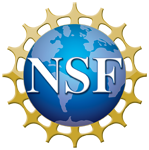
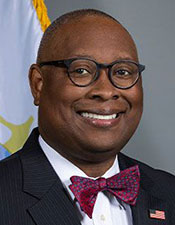
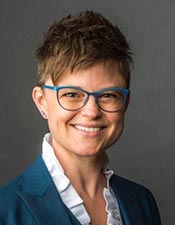 Emily Hammond, a speaker at the May 2021 Leadership Workshop, has been named Deputy General Counsel for Litigation and Enforcement, Office of General Counsel at the U.S. Department of Energy.
Emily Hammond, a speaker at the May 2021 Leadership Workshop, has been named Deputy General Counsel for Litigation and Enforcement, Office of General Counsel at the U.S. Department of Energy.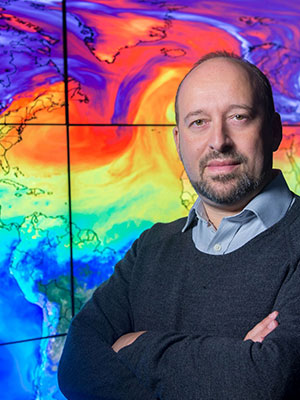 NASA is best known for exploring other worlds, whether that’s sending astronauts to the Moon or flying helicopters on Mars. But under US President Joe Biden, the space agency intends to boost its reputation as a major player in studying Earth — especially with an eye towards fighting climate change.
NASA is best known for exploring other worlds, whether that’s sending astronauts to the Moon or flying helicopters on Mars. But under US President Joe Biden, the space agency intends to boost its reputation as a major player in studying Earth — especially with an eye towards fighting climate change.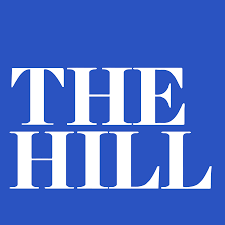 A
A 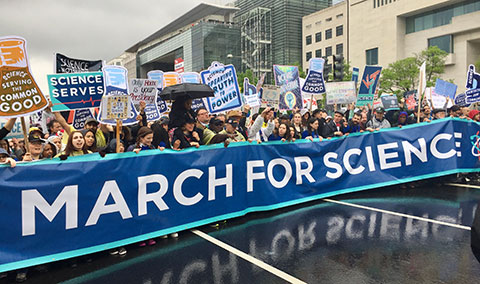
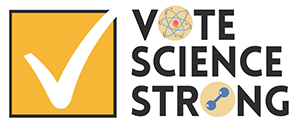
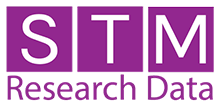 This webinar, co-organised by STM, CHORUS and the Center for Open Science, is part of a series organized in the context of
This webinar, co-organised by STM, CHORUS and the Center for Open Science, is part of a series organized in the context of 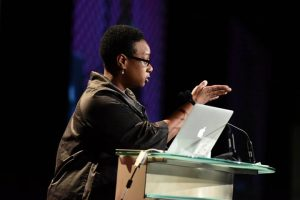 Our August CSSP Chat on Ensuring Diversity and Equity in STEM, led by
Our August CSSP Chat on Ensuring Diversity and Equity in STEM, led by  The American Society for Microbiology (ASM) and the Federation of Associations in Behavioral & Brain Sciences (FABBS) are leading a group of scientific societies in compiling a list of specific examples of how scientific societies advance the scientific enterprise and the challenges and opportunities presented by the pandemic to share with the NSF COVID-19 taskforce. They are asking for help with two items:
The American Society for Microbiology (ASM) and the Federation of Associations in Behavioral & Brain Sciences (FABBS) are leading a group of scientific societies in compiling a list of specific examples of how scientific societies advance the scientific enterprise and the challenges and opportunities presented by the pandemic to share with the NSF COVID-19 taskforce. They are asking for help with two items: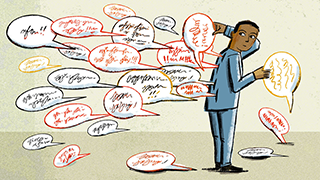 The American Physiological Society (APS) is asking you to join them in signing onto a community letter to House Science Committee Chairwoman Eddie Bernice Johnson supporting
The American Physiological Society (APS) is asking you to join them in signing onto a community letter to House Science Committee Chairwoman Eddie Bernice Johnson supporting 